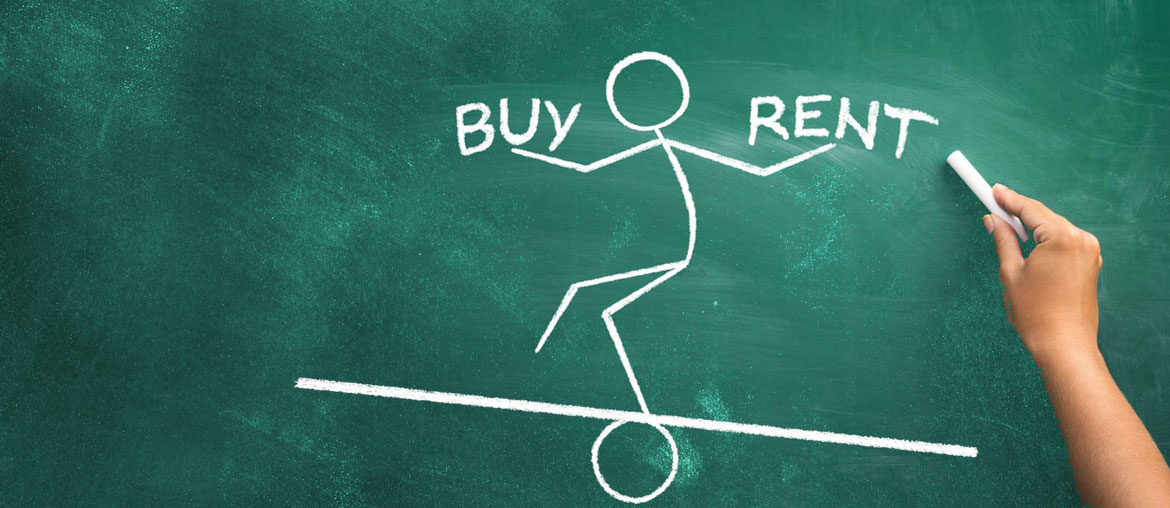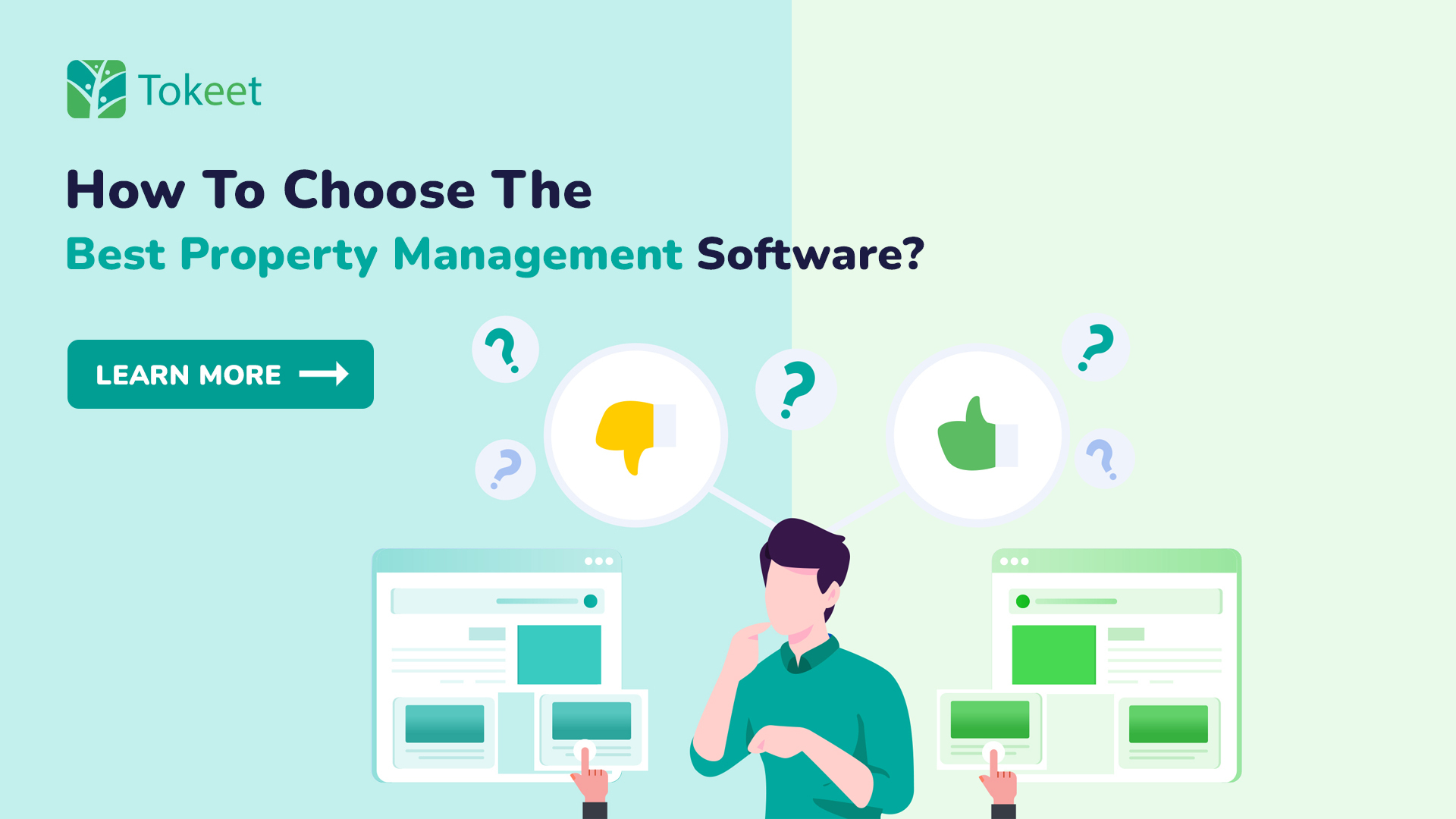It’s a strategy that seems like an obvious winner: buy property and get back your investment (and then some) by renting it. But is it really a good business strategy?
Well, it depends. Let’s break it down.
What It Means to ‘Buy to Rent’
Though the buy to rent strategy is straightforward, there are some things people tend to overlook when looking to make this investment.
First of all, it is a medium to long-term investment, so you should make it when you are entirely sure you can carry out the responsibilities for a long time. Secondly, buying-to-rent makes you a landlord, which means you’ll mostly be running a small business and must comply with specific legal responsibilities.
As such, you should consider this strategy if:
- You can afford to tie up money for prolonged times;
- You are aware of the risk of not getting a return on your investment quickly;
- You accept the long-term costs of running a property (such as various repairs and renovations that legally fall on the landlord, not the person renting the property).
How Does It Work?
If you do not already own the property you wish to rent, you’ll have to acquire it, either by using your money if you have it, or by taking out a mortgage with a cash deposit.
Know that if you chose the mortgage route, then you may face a few risks along the line. If your tenants back out of the contract and you don’t have rent coming in, you still have to make mortgage payments. Or, if you decide to put the house up for vacation rental property leasing, then you should be aware of the fact that there will be some slow periods during the year when you won’t get that much business. That can be stressful if you don’t have the financial means to cover the costs on your own.
Risks and Benefits
Buying-to-rent provides people equally with opportunities and risks, and if you wish to take on these responsibilities, it’s best to be aware of both.
The benefits can seem obvious: a long-term source of income in the shape of monthly rents from tenants or payments from tourist if you decide to turn your home into a vacation rental. Moreover, you always have the option to sell your property and acquire a greater sum of money in a short time, should you ever need it.
But it’s not always so simple. The real estate market is volatile, and it’s possible the amount of rent you charge will shift through the years. If it grows, that means a big profit for you. But, if it lowers, it’ll take more time to get a return on your investment. Moreover, this can also impact the value of your property. So, if you want to sell at a time where house prices fall, you’ll have lost some money from your initial investment.
The issue of finding the right tenants is also essential. In some cases, you can find people that will keep the state of the property as it is, which is the best case scenario. However, difficult tenants might increase your maintenance cost, and you can expect to have to cover more repairs out of your pocket. Turning your home into an instant hotel comes with added costs, as you will need to ensure that everything is clean and properly working after every visit if you want to get good reviews.
How to Protect Your Investment
Property owners have two types of insurance they can take to make sure they protect their investment if something goes wrong.
First, there’s the landlord insurance, which can cover any financial losses in case of natural disasters, damages made by tenants, and other factors both in regards to the building itself, as well as other contents belonging to the landlord.
Then, there’s the building insurance that can protect you in regards to mortgage payments. These policies differ depending on the insurance company you choose to sign up with, so be sure to read them carefully and know how far they extend.
Verdict: Should You Do It?
The answer depends on your financial capabilities, as well as the level of dedication you can afford to be a landlord.
At least in terms of tenants, the data is in your favor. People now are preferring to rent for longer instead of buying their properties, so in this regards it seems that those with properties up for rent at least have a healthy market to do so.
But beyond that, you should carefully review your situation and only take this decision if you’re sure you can carry it out.





